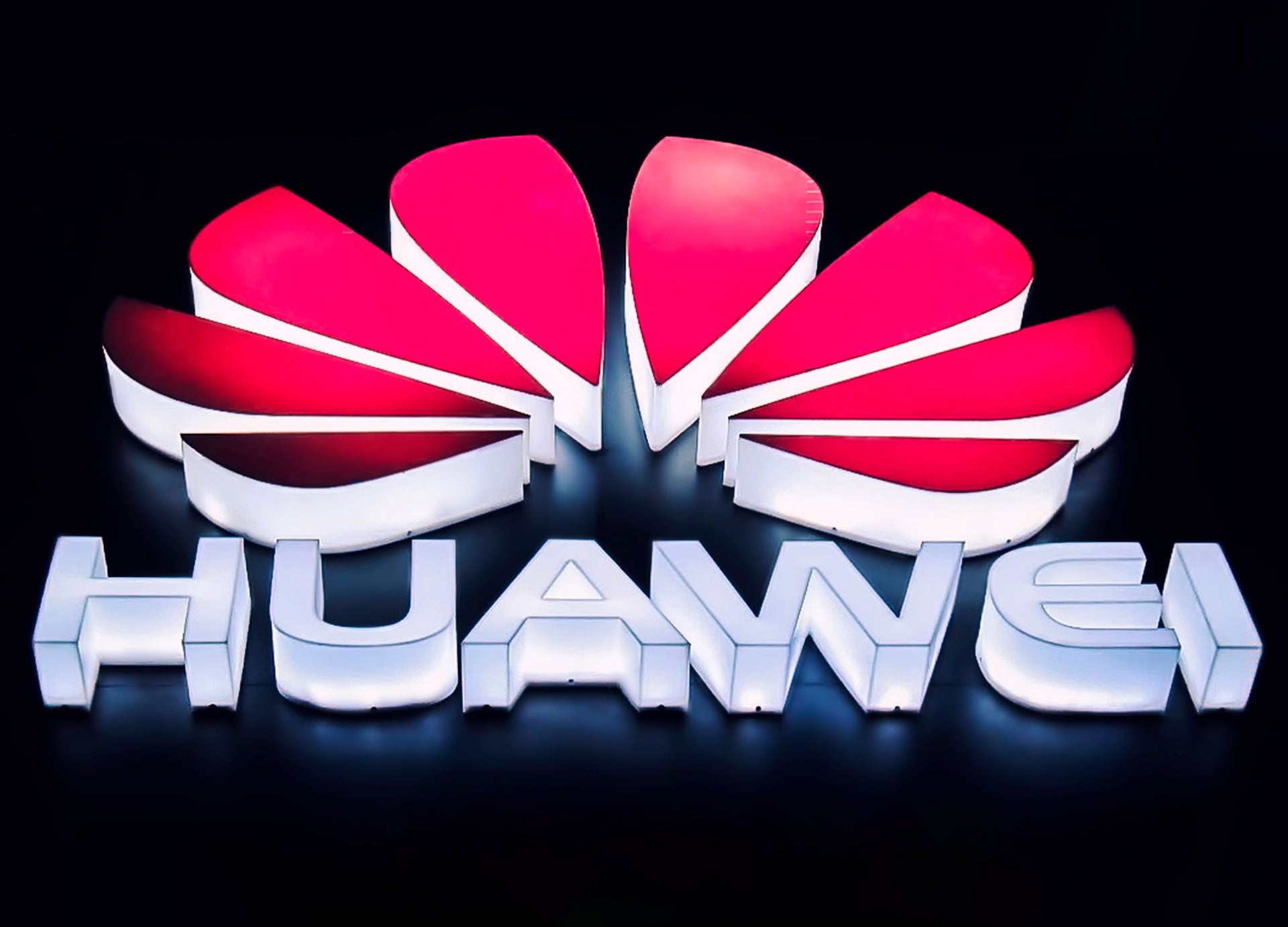
The beleaguered Chinese technology giant Huawei does not expect to be significantly harmed from ongoing moves against it by the United States, according to founder and CEO Ren Zhengfei.
Speaking at the World Economic Forum Annual Meeting in Davos, Switzerland, Ren took on the issue of his company’s place on the Entity List, a United States trade blacklist that Huawei was added to in August 2019, effectively preventing its products from being sold to US companies.
However, despite much speculation about the financial hit the decision had on the company, particularly around its 5G business, Ren asserted that the damage had been minimal as Huawei had anticipated the move by the United States.
“Regarding the Entity List, Huawei was added to the list last year, and it didn’t hurt us much. We basically withstood the challenges; we did some preparation before that,” he said.
“This year the US might further escalate their campaign against Huawei, but I feel the impact on Huawei’s business will not be very significant. More than 10 years ago, Huawei was a very poor company. More than 20 years ago, I personally did not have my own home, I lived in a 30 square metre-apartment of. All the money I had was put into R&D of the company.
“If we had this sense of security from the US, we would not have had the need to come up with our backup plans. Since we didn’t have that sense of security, we spent hundreds of billions to put up our own plan Bs. That’s why we could withstand the first round of attack.
How well do you really know your competitors?
Access the most comprehensive Company Profiles on the market, powered by GlobalData. Save hours of research. Gain competitive edge.

Thank you!
Your download email will arrive shortly
Not ready to buy yet? Download a free sample
We are confident about the unique quality of our Company Profiles. However, we want you to make the most beneficial decision for your business, so we offer a free sample that you can download by submitting the below form
By GlobalData“And this year in 2020, since we have already gained experience from last year, and we’ve got a stronger team, I think we are more confident that we can survive even further attacks.”
“Huawei used to be an admirer of the United States”
Speaking during a session entitled A Future Shaped by a Technology Arms Race, Ren also credited American management methods for the success of the Chinese technology giant, highlighting that it viewed the country positively until recent efforts to by the United States to discredit to company as a malicious actor.
“Huawei used to be an admirer of the United States. Huawei is quite successful today largely because we learned from the US for the most part of our management system,” said Ren.
“Since day one of Huawei, we hired dozens of American consulting firms to teach us how to manage our business operations. During that period of time, the entire management system of Huawei is very much like the US. The US should feel proud of that. They have the US management systems being exported and implemented extensively at Huawei, contributing to Huawei’s development.
“From that perspective, I think the US should not be overly concerned about Huawei, and Huawei’s position in the world.”
“AI cannot grow very rapidly in China”
Ren also took on the issue of China’s place in the so-called artificial intelligence (AI) arms race, which industry experts generally characterise as being largely between the US and China.
However, while the country is often described as a leader in the field, Ren was critical of his nation’s level of AI development, arguing that if the Chinese government thought more about the implications of AI, “they should invest more in basic education and basic research”.
“If we look at the education system in China, it’s pretty much the same system designed for the industrial age, designed to develop engineers. Therefore, I think AI cannot grow very rapidly in China,” he said.
“AI requires a lot of mathematicians, requires a lot of supercomputers and requires a lot of a super connectivity and super storage. In those areas, China is still starting when it comes to science and technology.”
He cited this as a reason why he considered US concern over the rise of China as an AI superpower were overplayed.
“I think the US is over-concerned. The US has got used to being the world number one, and they should be the best in everything they do. If there is someone who is better than them, they might not feel comfortable,” said Ren.
“But that does not mean this is the trend the world is heading in. I think for the entirety of humanity, we should all do serious study around AI and how to use AI to benefit society. You need to develop the right rules to define what should be studied and what cannot be studied and researched to control and manage where AI is heading.”
Read more: Huawei’s Guo Ping: “R&D collaboration benefits both Huawei and the UK”







